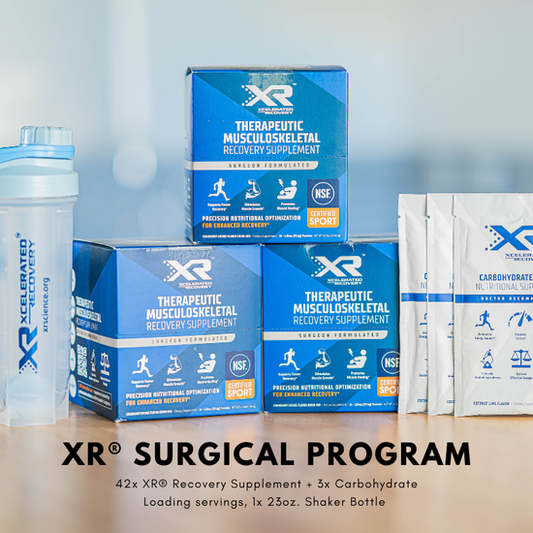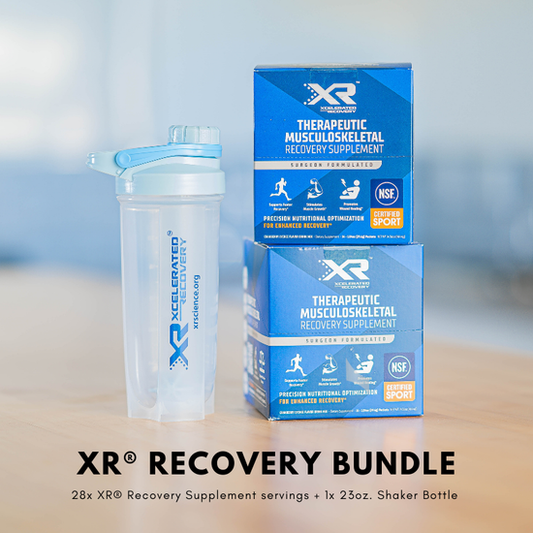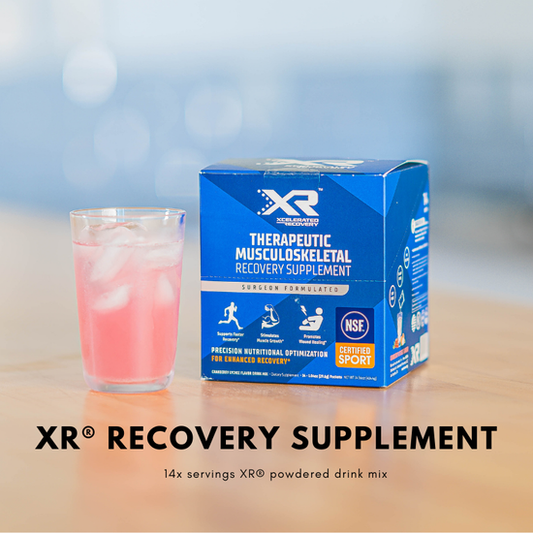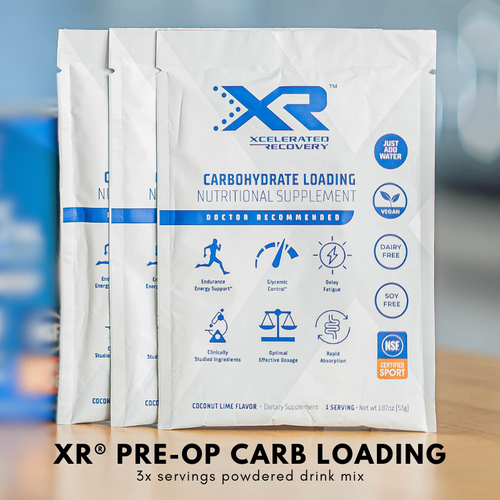MUSCLE-CENTRIC CALCULATOR
Processing your results...
MUSCLE-CENTRIC CALCULATOR

MUSCLE-CENTRIC
NUTRITION RESULTS
NUTRITION RESULTS
YOUR INPUTS:
• • •
TOTAL DAILY CALORIES:
2,582 KCAL
Protein: kcal
(%)
Fat: kcal (%)
Carbs: kcal (%)
Daily Macros
Protein g • Fat g • Carbs g
Email my results!
This will send your results to your given email.
View Recovery Products
- Choosing a selection results in a full page refresh.
- Opens in a new window.









